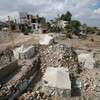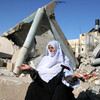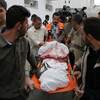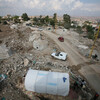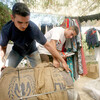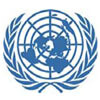
Israel/Hizbollah/Lebanon: Avoiding Renewed Conflict
1 November 2006
The latest report from the International Crisis Group examines the fragile stability, but not sustainable peace. Resolution 1701 has held but temptation to overreach could trigger new fighting or a domestic showdown in Lebanon. The greatest threats would be attempts by Israel or UN forces (UNIFIL) to use 1701 as a blunt means to disarm Hizbollah or by Hizbollah to test UNIFIL resolve. 1701 is a transitory tool to stabilise the border until bolder action is taken to reform Lebanon’s political system and build a strong state and to address regional issues like re-launching the Syrian track and engaging Iran. Read more about Israel/Hizbollah/Lebanon: Avoiding Renewed Conflict


